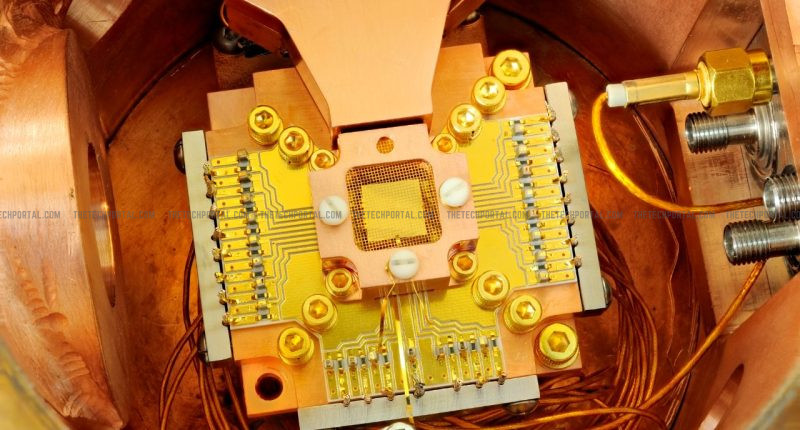Bengaluru-headquartered QpiAI, a headstarter in India’s nascent Quantum computing space, has secured a total of $32 Million in a Series A fundraise, which includes backing by the Indian Government. The round was led by Avataar Ventures and the National Quantum Mission (NQM), a $750Mn initiative by the Indian government to provide thrust to India’s quantum computing companies. The round also drew contributions from an unlisted group of both returning and new investors. This latest capital infusion places QpiAI’s post-money valuation at $162 million.
QpiAI’s ambitious development schedule includes the introduction of a 64-qubit quantum machine by the end of the coming year, with client access projected for the second or third quarter of 2027. The company also aims to increase its quantum computing capabilities to 1,000 qubits by 2030. A central element of this growth involves the creation of error-corrected logical qubits, which are considered a prerequisite for commercial-scale applications such as quantum chemistry simulations and precision medicine. QpiAI says its proprietary qubit design is engineered for extended coherence times, a factor that aids in error correction given the prevailing error rates in quantum bits. The company has submitted over 11 patent applications as part of its ongoing technological pursuits.
Founded in 2019, QpiAI claims to have developed integrated quantum computing systems with AI, featuring proprietary hardware and software elements. This comprehensive approach is designed to address complex computational needs across various sectors, including pharmaceutical research and materials science. The company’s technology aims to improve capabilities in simulation, optimization, and data analysis. Dr. Nagendra Nagaraja, who founded and currently serves as CEO of QpiAI, has stated that the company constructed India’s first full-stack quantum computer, known as QpiAI-Indus, which became operational in April with 25 superconducting qubits.
A uniqueness in this fundraise was major participation from a direct Indian Government entity. The National Quantum Mission’s, which has a $750Mn fund for such investments, has been set up by the Government to cultivate leadership in quantum technologies. Approved in April 2023 with a budget exceeding ₹6,000 crore (approximately $750 million) over an eight-year period (2023-2031), the NQM seeks to establish a domestic framework for the research and deployment of quantum technology in the country.
Its objectives include the development of intermediate-scale quantum computers, with capacities ranging from 50 to 1,000 physical qubits, within eight years, spanning platforms such as superconducting and photonic technologies. The mission also aims to advance satellite-based quantum communications, inter-city quantum key distribution networks over 2,000 kilometers, multi-node quantum networks, and the development of quantum sensors like magnetometers, alongside the synthesis of novel quantum materials. QpiAI is among eight entities selected under the NQM to receive initial grants of up to $3.5 million.
It remains to be seen whether this can further reduce reliance on foreign technology and supply chains, aligning with national self-reliance initiatives. Furthermore, the company’s progress, particularly with its operational 25-qubit system and plans for higher-qubit machines, positions India among the number of countries actively developing full-stack quantum computing systems, which could potentially boost its standing in the global scientific and tech landscape.
Previously, QpiAI had raised $6.5 million in a pre-Series A round in June 2024, an investment that had valued the company at approximately $30 million post-money. QpiAI projects a financial operational period of three to four years with the recently acquired funds, irrespective of its current profitability. The company has reported profitability at the EBITDA level for the past three years, achieving gross margins of approximately 60% and net margins ranging from 20% to 30%.
QpiAI currently employs a workforce of approximately 100 individuals, including 25 holding doctoral degrees from diverse international and Indian academic institutions. Around 50 of its employees are situated in India. The company has stated its intentions to expand its employee count to between 200 and 250.
The Tech Portal is published by Blue Box Media Private Limited. Our investors have no influence over our reporting. Read our full Ownership and Funding Disclosure →






